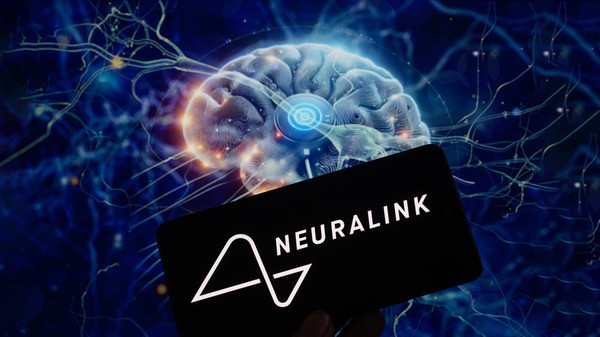The Wall Street Journal reported on Monday that despite initial issues with the first test subject, Elon Musk's Neuralink has been granted permission by the US health regulator to implant a brain chip in a second patient.
The Food and Drug Administration (FDA) approved Neuralink to proceed with a trial involving a second patient, following a proposal from the company to address problems encountered with the initial test subject.
Named Telepathy, the chip was successfully implanted for the first time last February, enabling quadriplegic Noland Arbaugh to control a computer mouse with his thoughts without any adverse effects.
The surgery involved a specially designed robot placing the coin-sized computer chip, along with ultra-thin flexible threads, in the brain region responsible for movement intention. The chip recorded and wirelessly transmitted brain signals to an app for decoding movement intentions.
Neuralink discovered that tiny wires implanted in the brain of the first patient had been pulled out of position, a known issue from animal testing. To address this, the quarter-sized chip for the second patient will be implanted deeper into the brain.
Neuralink plans to implant the device in the second patient in June, with eight more participants expected to join further trials by the end of the year. Over 1,000 quadriplegics have signed up for its patient registry.
The ultimate goal of the PRIME Study project is to develop a fully implantable, wireless brain-computer interface, allowing individuals to control a computer cursor or keyboard solely with their thoughts. This technology could pave the way for revolutionary treatments for physical disabilities such as paralysis and blindness, as well as conditions like obesity, autism, depression, and schizophrenia.








